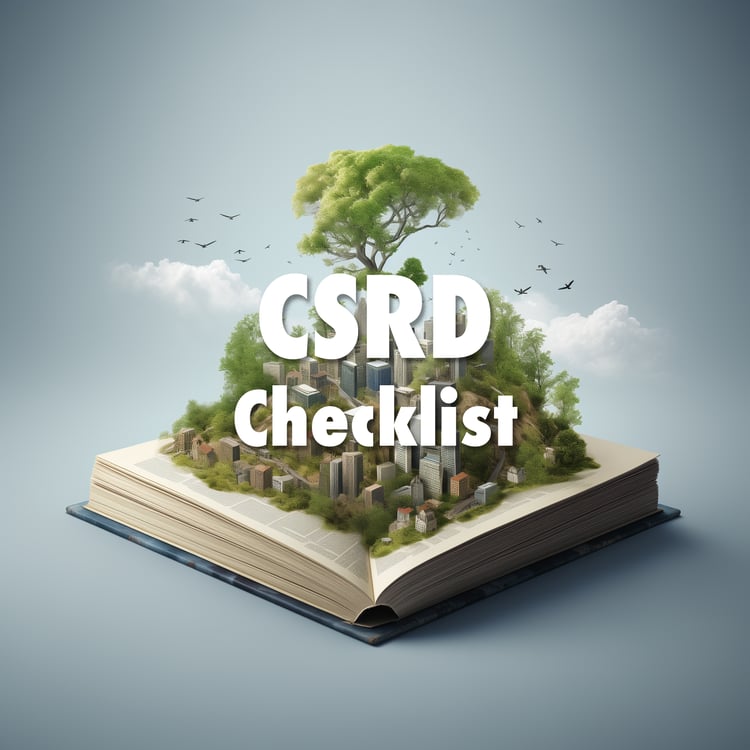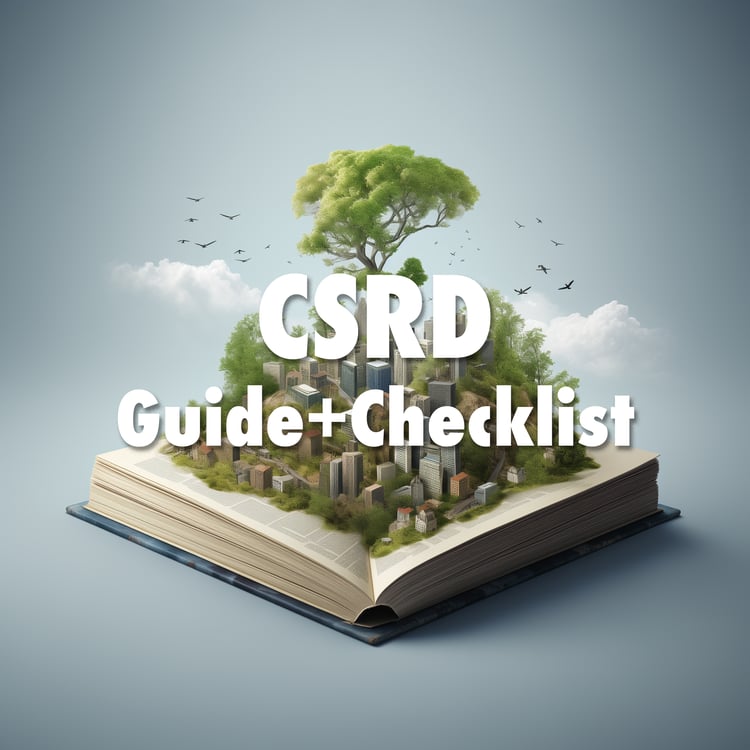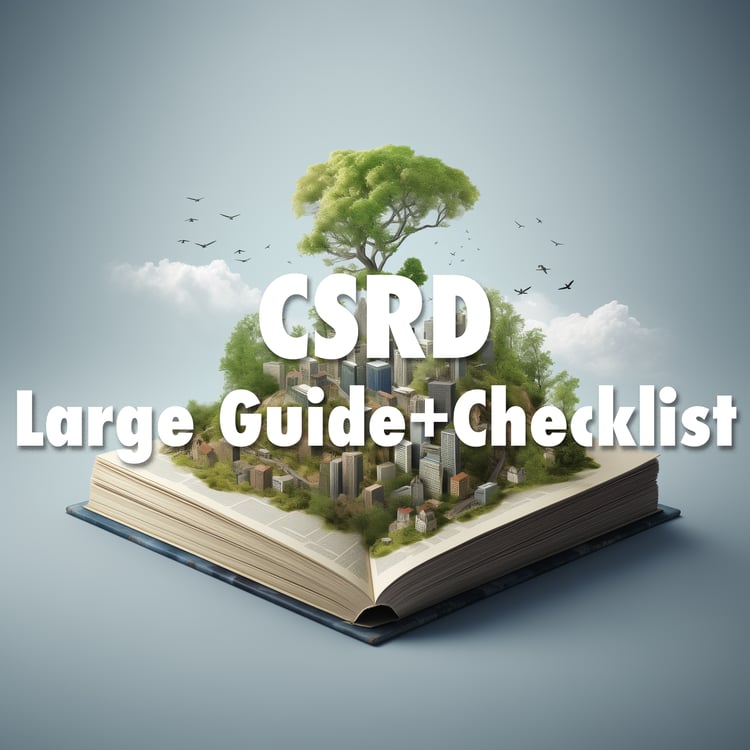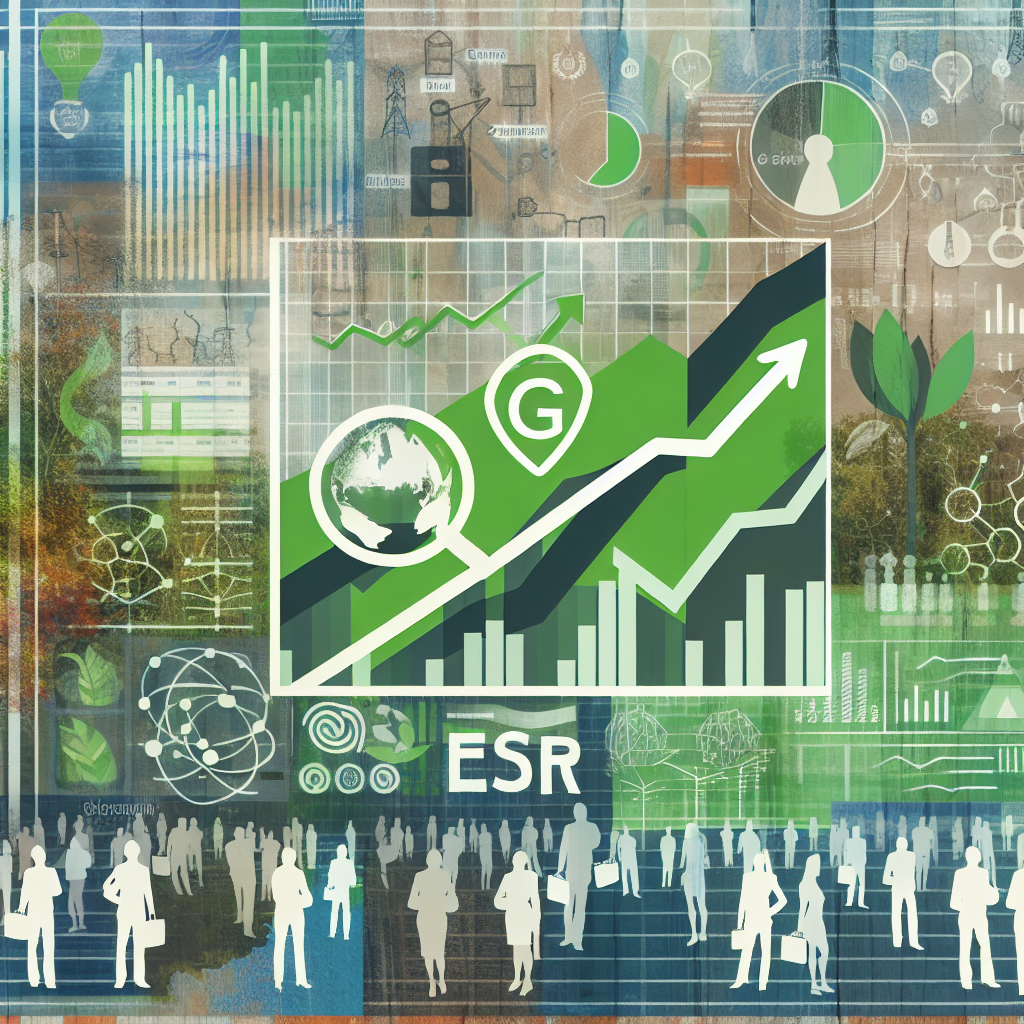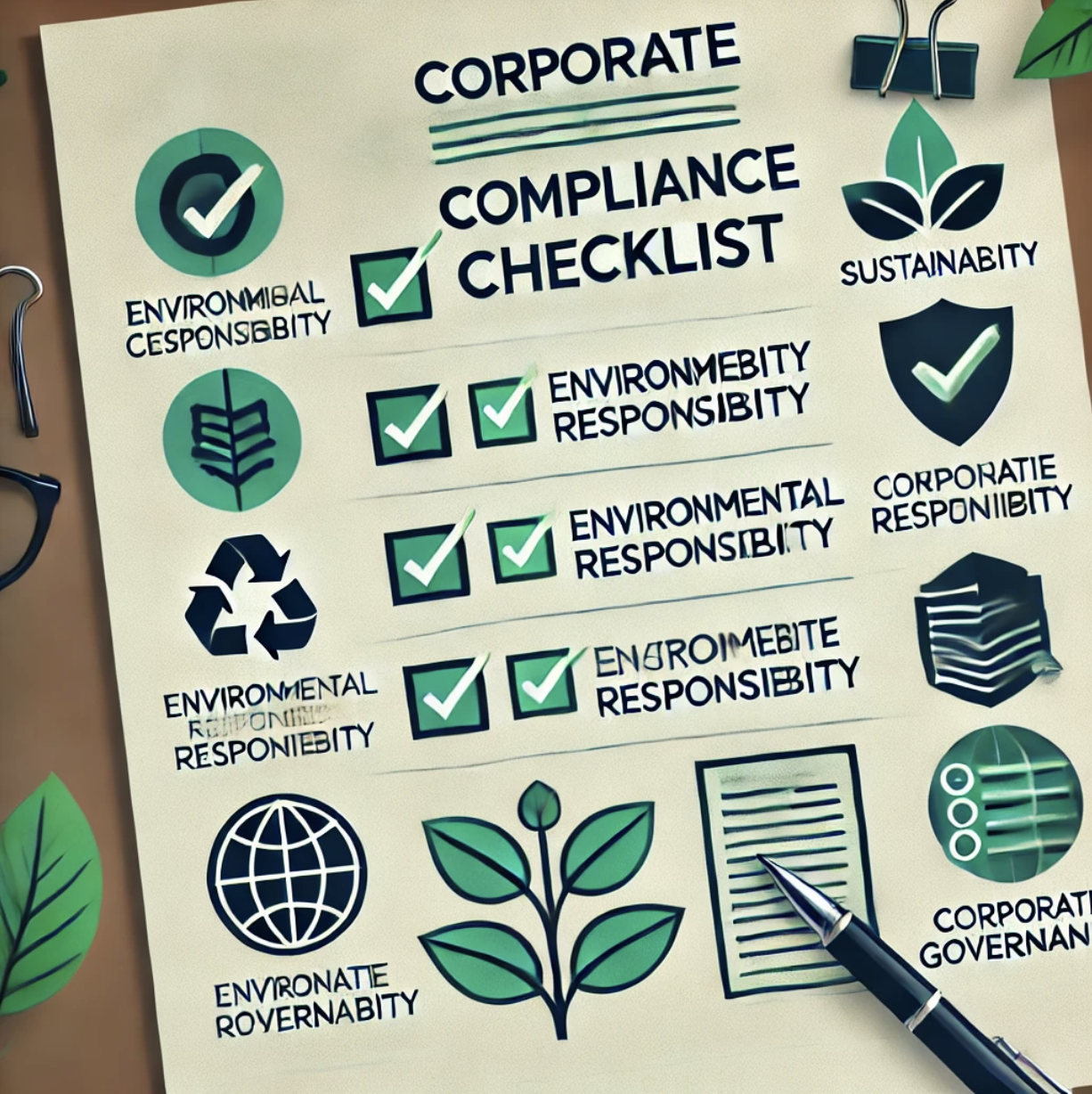Unlock the Future of Business with Our CSRD Guides
In a world where ESG defines the new business standard, the CSRD (Corporate Sustainability Reporting Directive) emerges as a pivotal regulation poised to reshape the European corporate landscape, potentially impacting thousands of businesses by 2024. Stay ahead of the curve with ESGexplained.eu—your ultimate resource for mastering CSRD compliance. Our in-depth guides not only clarify which companies fall under this mandate but also equip you with actionable insights to navigate the complexities of reporting obligations confidently. Embrace the change, lead with sustainability, and secure your company's future today.



